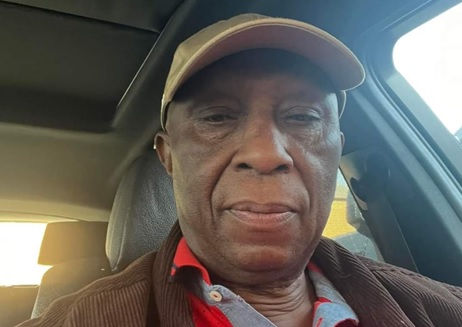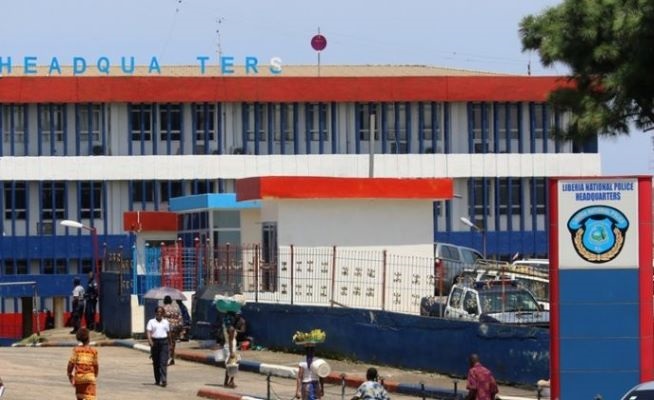In a compelling commentary, Development Consultant Samuel P. Jackson emphasizes that a government’s readiness to endure hardship and bear costs is a crucial indicator of its commitment to fostering change. Jackson expresses concerns about the approach of the Boakai Administration, noting that it imposes hardships on the poor without requiring sacrifices from its top officials.
Jackson highlights the administration’s actions, including layoffs of street vendors, disruptions to transportation for the poor, and hardships faced by low-income workers such as EPS officers, Executive Mansion employees, volunteers in slums and rural areas, teachers, nurses, and Pehn pehn and keke drivers. Yet, he observes that influential bureaucrats within the government remain untouched by these hardships.
President Boakai’s appointments of numerous senior advisors and board members in public corporations and state agencies have resulted in a bloated bureaucracy with high personnel costs. Jackson criticizes these appointments as often being based on political patronage rather than merit, leading to a lack of diversity in qualified individuals.
Additionally, Jackson questions the attendance of several senior officials, including the Commerce Minister and Public Works Minister, at the IMF Spring Meeting. He suggests that such participation may prioritize grandstanding and socializing over making impactful decisions.
To earn credibility with the Liberian public, Jackson argues that the administration must ensure that top officials are not exploiting public resources. He suggests reducing top salaries and benefits, standardizing vehicle purchases, implementing ride shares, and restricting non-emergency government vehicle use after working hours. These actions would demonstrate a commitment to alleviating poverty and hardship rather than personal gain.
Jackson warns that failure to demonstrate shared sacrifices among those in power may lead to public weariness and a return to the longstanding cycle of governmental inertia. His commentary underscores that genuine change demands sacrifices from both the vulnerable and those in positions of authority, emphasizing the need for leadership by example and difficult decision-making for the collective benefit.







